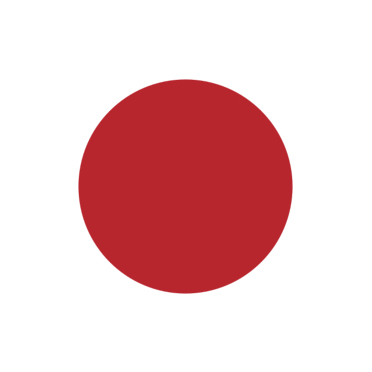Investment Strategies
Nikko AM Keeps Faith With Equities, Says Weaker Oil Prices Are Positive

Nikko Asset Management, one of the largest Asia-based investment houses, says it is sticking to its bullish bet on global equities, arguing that weaker oil prices should be beneficial.
Nikko Asset Management, one of the largest Asia-based investment houses, says it is sticking to its bullish bet on global equities, arguing that weaker oil prices should be beneficial.
The firm, which at the end of June oversaw $168 billion in assets under management, expects developed economies to grow modestly in 2015. Nikko AM has a “moderately overweight” position on global stocks and is heavily overweight Japanese equities, and sharply bearish of global bonds. It is also overweight on dollar-denominated cash. It has taken a bullish global equity stance for the past 13 quarters.
“We realised that there are many risks globally and the oil price plunge has surprised us along with nearly all other investors, but we think these risks will be overcome and note that lower energy prices are very positive for most developed economies,” John F. Vail, chief global strategist. “For the coming two quarters, we expect overall G3 [US, Japan, Europe] economic growth to rebound at economists’ consensus expectations and for the G3 central banks to continue to pursue divergent paths,” he said.
The firm argues that “healthy economic growth” in the G3 economies, along with declining capital expenditure in the US, should prompt a single-digit rise in Brent crude oil prices over the next six months. As for geopolitics, the investment house continues to see that conflicts will remain mostly localized, with short-lived effects on developed markets, with the Ebola crisis becoming less severe.
Among other forecasts, Nikko AM expects the US central bank will raise interest rates in June or July next year but by only small amounts, initially raising them by 25 basis points. Elsewhere, analysts continue to forecast that the European Central Bank will initiate moderately-sized sovereign quantitative easing in the first quarter of 2015, with a lesser chance that it will occur in the second quarter. For the Bank of Japan, the firm does not expect further major easing for the intermediate term due to the weaker yen.
Recent GDP figures overstates the decline in the economy, Nikko AM said, arguing that Japanese equities should be bolstered by rising profits, particularly as valuations are attractive. (An early estimate showed that third-quarter GDP fell 1.9 per cent year-on-year, more than analysts had expected.)
“Deflation is over in Japan and the structural bear market in equities is also dead, in our view,” Vail said. “Japanese investors will continue to be forced to change their methods, as TOPIX [index] is already yielding far above all but a few fixed income investments and this factor should accelerate as we expect the TOPIX dividend to double in the next five years,” he said.
Forecasting through June, Nikko Asset Management expects Japan’s broader TOPIX index to reach 1,658, a 15.5 per cent gain in yen terms.